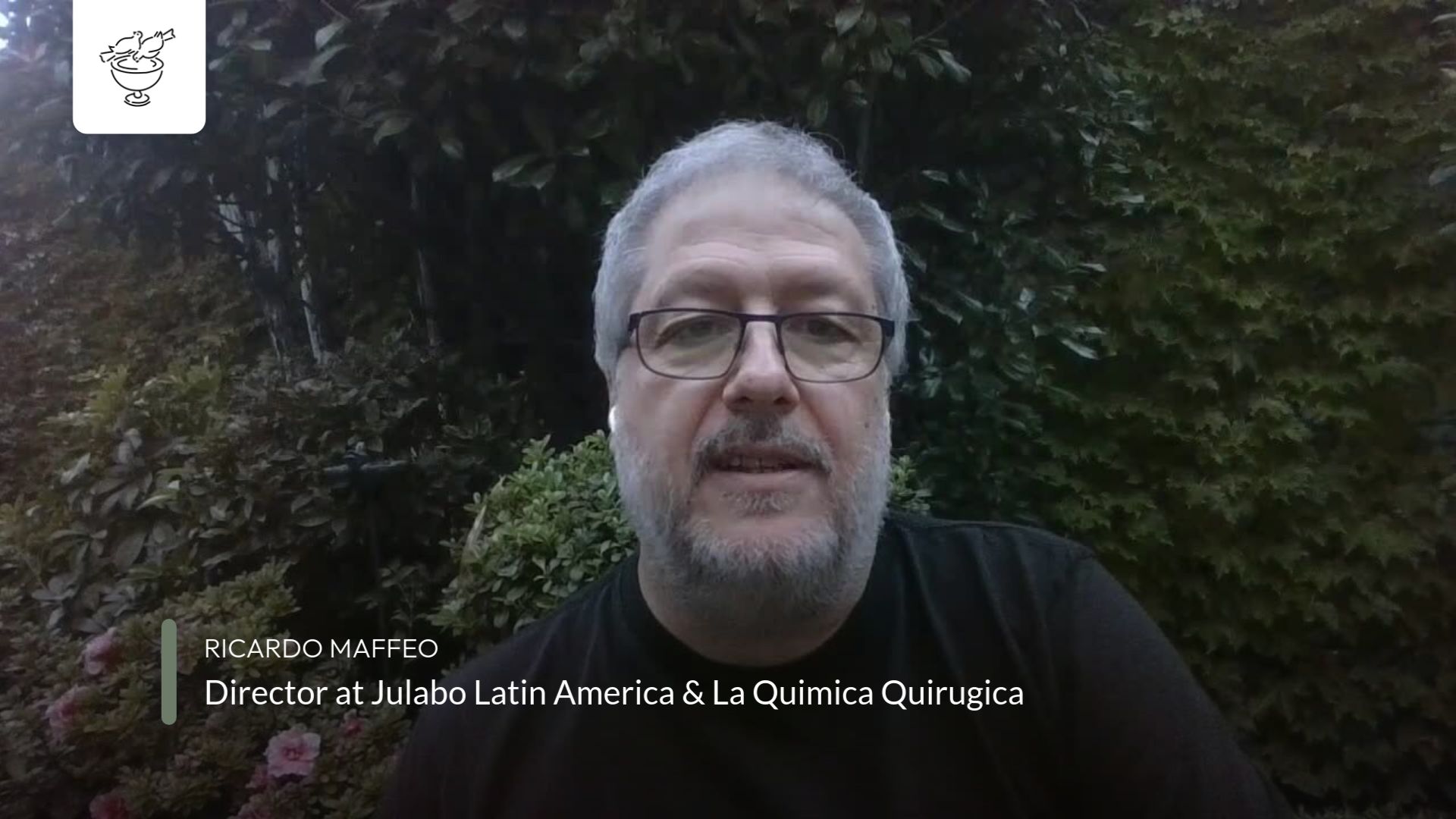We are growing in love when we have forgotten ourselves enough to love.
At Meditatio House we have just completed what we call a Study Week. During this week people come to the house to spend some time (up to a week) living with us. During this time our guests join in the rhythm of the house, experiencing our explorations in what the Christian tradition has come to call the contemplative life.
It needs to be noted here that the contemplative life is not some form of spiritual specialization. To be contemplative is to be, not only Christian, contemplative is to be human. Christian spirituality can use the word contemplative to describe any human life that is prioritizing and living contact with the human spirit. The human spirit is “our lifeline with the Spirit of God” (John Main). The human spirit is in constant union with the divine life. This spirit and divinity pervade soul and body. The contemplative life lives and promotes a life of integration and communion with divinity – where ever and however this may be authentically found.
During Study Week we have four times of meditation a day, as well as praying with the psalms and scriptures (Hebrew and Christian Testaments). We practice silence after Night Prayer until breakfast the next day. One day during the week is a silent day.
During the week we have morning workshops. This week we learnt a little bit about what St. Benedict had to say about silence, as well as what St. Augustine (of Hippo) had to say about contemplative prayer.
Another of the workshops we conducted discussed what it might mean to be contemporary and contemplative. What is it like to prioritize and live spiritually today?
It could be said that we live in a Western culture that is principally ‘post-modern’. Modernity was about making rationalism the dominant approach to life. Post modernity, however, rejects the modern tendency to see life through just the one rational lense. Instead it values diversity, equity, and a plurality of approaches to life and living, while being deeply suspicious of anything and anyone who asserts a ‘universal truth’. Tina Beattie describes it as
…the world-view which asserts that there is no world-view, paradoxically laying claim to the universal truth that there is no universal truth.
This time in Western history can also be named as secular. We could view secular in one of two different ways. A secular consciousness can be one that cannot or refuses “to acknowledge some reality beyond or transcendent to” the human (Sarah Bachelard). In other words, there is no God. Another way to look at a secular worldview is to see it as embracing “the collapse of the distinction between sacred and profane” (Bachelard). In other words, God is everywhere and not just in church or in the heart of a ‘believer’.
A contemporary contemplative could be someone who experiences and embraces divinity as in the all of life, not just in their church community and church activities. The Christian contemplative experiences Christ as really present not just in the tabernacle. Christ is really present in our hearts, our relationships, in all the mess and glory of the human journey. To be Christian and contemplative today is to be a secular Christian in the sense of living all of life as sacred.
To be Christian and contemplative is also to risk making universal truth claims. These claims will be based in our understanding of the Christian story and how this understanding combines with our contemporary and contemplative experience. Perhaps the universal truth claim that we can make (in all sincerity and humility) is one about love:
Love is uncreated, divine. This Love created and creates life. This Love is profoundly personal and intimate to all of life. This Love values human freedom. This Love wants humanity to be love. We are made for Love and to be love. We can be love now and will be in Love after death. The life, death, and resurrection of Jesus Christ reveals this to us and empowers us for it.
This would seem to be the post-modern testimony of many secular and contemporary Christians who are living into their human contemplative-ness.
How do we become love? The contemplative tradition of Christianity (like all of Christianity) tells us how by witnessing to one of the basic dynamics of human life: we are growing in love when we have forgotten ourselves enough to love.
What can we practically do to become love? Christianity asserts that we love God, love ourselves, and love our neighbour. In these practical acts of loving, the Love we love with loves us into love.
The contemplative heart of Christianity says that we need to be regularly and faithfully still and quiet in this Love. Doing this empowers us for a life of loving ourselves and others. Doing this allows divine love to love us.
One practical act of loving is contemplative prayer. Contemplative prayer invites us to practice a letting go, a losing of what could be the greatest gift that life has given us: our self-consciousness.
The giving and re-giving of attention to a mantra as it sounds deep in us is one practical and inner action that helps us to grow in the forgetting of self-consciousness. As we do this what is given us is the ability to live life in a fully conscious way. We live life growing in a deep intuition and Love that our self-conscious, rather than getting in the way of, integrates with.
So what role does Meditatio House have in all of this? Meditatio House is an experiment in a ‘new’ or ‘evolving’ Christian contemplative community. It is in the world, in dialogue with the human needs of a post-modern and secular age. As Christians in this dialogue we encounter Christ afresh, living the fruits of this encounter for and with others. The Study Week is one way we do this living. Meditation and the Rule of Benedict are what we commit to in this experiment, this investigation with grace.





